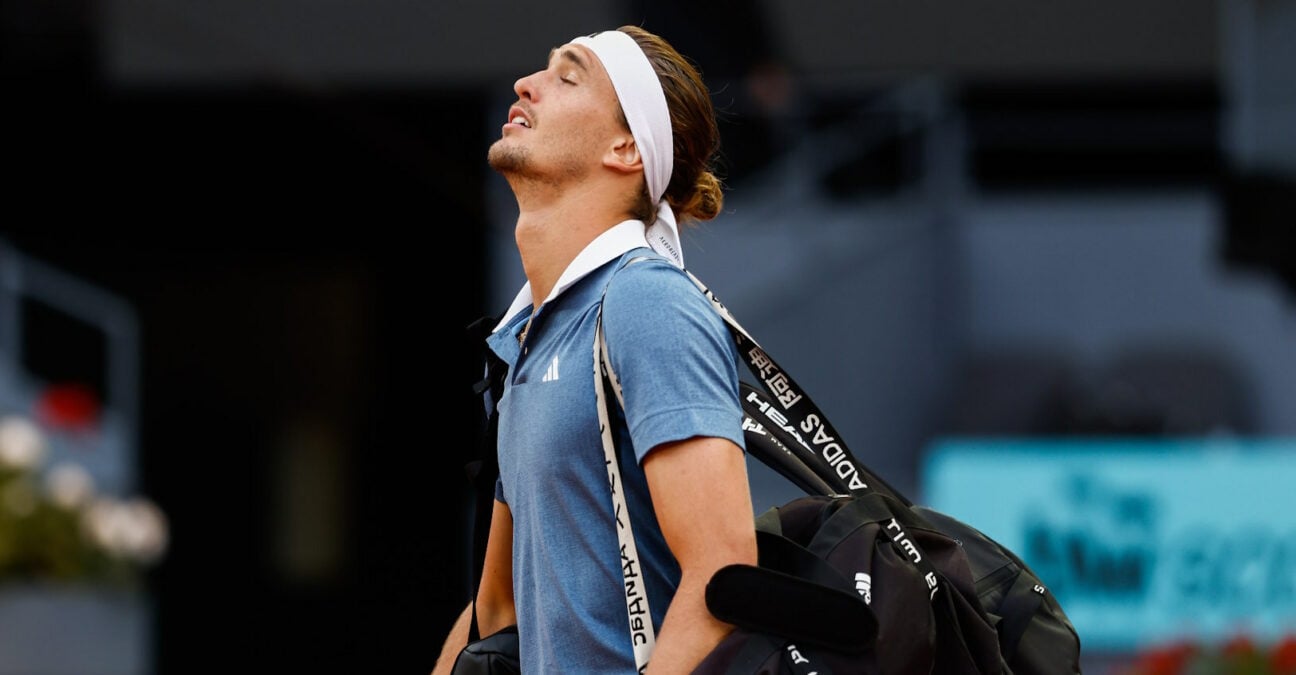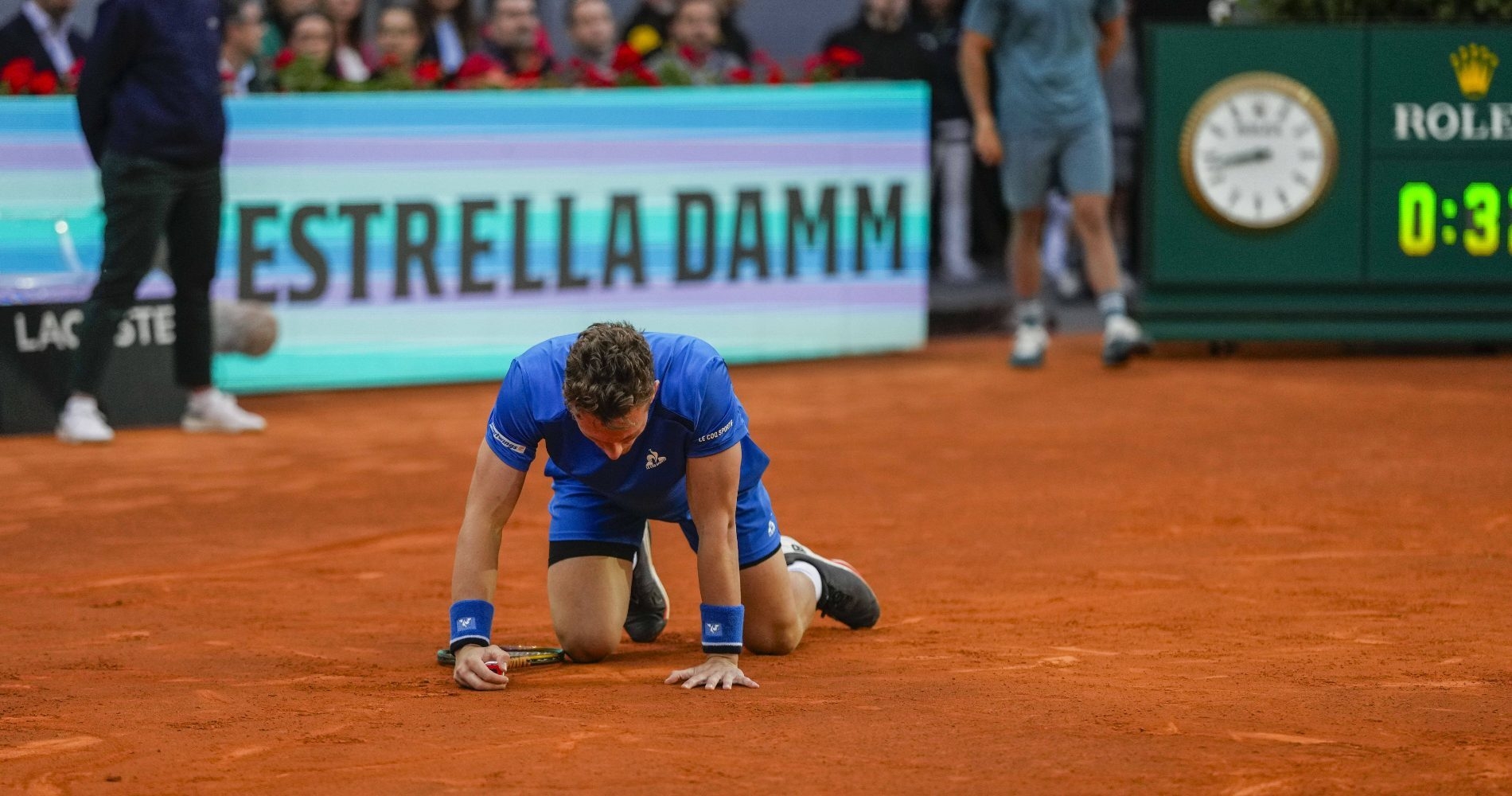“It’s not great for top-10 players” – Zverev unimpressed with two-week Masters format
Both the Madrid Open and the Italian Open have extended their tournaments to twelve days rather than the conventional one-week format
 @ Zuma/Panoramic
@ Zuma/Panoramic
As the tennis tours find themselves in the middle of another set of back-to-back 1000-level tournaments, questions regarding the newly expanded formats of some of these events have come sharply back into focus.
Both the Madrid and Italian Opens last year joined Indian Wells and Miami in extending the previous one-week format to a twelve-day tournament, with draws expanding to 96 players for both the men’s and women’s events.
While the intended aim of the ATP and the WTA is to increase revenue and bring the Masters 1000 events closer to Grand Slams in terms of prestige, the move has had unintended consequences for both players and fans.
Now, after the second year of the newly expanded format, similar grievances have raised their head once again on both sides of the tour.
One recurring theme is that the tournaments are now too long. Last week in Madrid, Elena Rybakina and Jiri Lehecka – among others – expressed their reservations about the nature of the longer tournaments and the impact they have on injuries, as well as time spent away from home.
In Rome this week, prior to the start of the Italian Open, Alexander Zverev has joined that chorus of opinion.
“Yes, you do get told you have a day in between, you don’t have to play every day,” the German said.
“But at the end of the day that’s not resting. Resting is when you’re spending time at home, when you’re sleeping in your own bed, maybe with your family, maybe with your dogs, maybe with your kids if you have kids, right?
“That’s what resting is. A day between matches, if you’re at a different place, that’s not resting.
“If you’re going deep in events, if you’re trying to, like Jannik and Carlos, I guess that’s who we’re talking about here, if you’re trying to make semi-finals or finals of every event, you’re just away a lot longer, and you have to work a lot more.
“It’s as simple as that.”
bigger draws mean more opportunities, but at a price for higher-ranked players
While this echoes similar problems raised by players last week at the Madrid Open, Zverev did concede that it opened up opportunities for those ranked further down the ladder. But he was quick to add that, for the top players, there is little benefit.
“Look, I think the two-week Masters 1000 events is great for players that are ranked between 50 and 100 in the world because they get a chance to play a main-draw event at a Masters 1000 event.
“I think it’s not great for top-10 players. It’s as simple as that.”
This issue feeds into a wider discussion about player health in what is a lengthy and gruelling season.
“If we have an 11-month season, like we have now… It’s just simply not enough time,” Zverev continued.
“It’s not enough time to rest your body. It’s also not enough time to physically prepare your body. Physical preparation is not how much you practice on a tennis court, how much you play tennis, no.
“It’s how much work you put in the gym, how much work you put in on the track, how much work you put in outside the tennis court. That you cannot do during the season.”

After two years of the expanded clay-court Masters events, it seems evident that these issues will prove persistent.
While big-name players are somewhat divided on the issue, the voices citing their grievances seem to be larger in number and will likely be more vocal in future should the teething problems not be addressed.
With Cincinnati and others set to follow suit in the coming years, it would appear the extended Masters 1000 events are not going anywhere any time soon.
But should this discussion arise every time a 1000-level tournament comes around, the grumbles of discontent may prove increasingly difficult to ignore.















